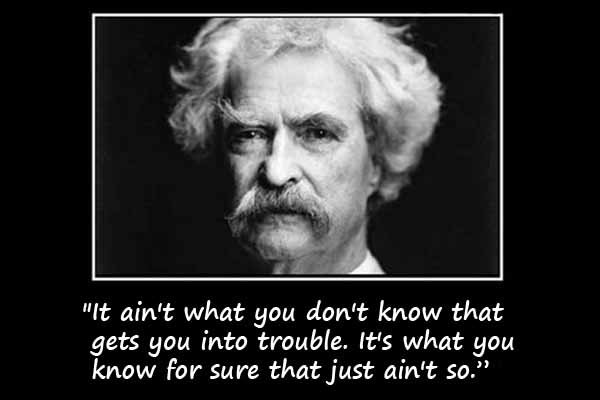Australia has its first Mandarin-speaking prime minister - it's hardly surprising, therefore, that the new government wants to boost the number of students with a foreign language. But have we missed the boat? Is Australia now so far behind that our exporters are already facing a skills bottleneck? Can we crack the Chinese market if we don't have enough Australian sinophones ready to hit the ground running? If the debate's sounding familiar, it could be because our language crisis was first highlighted almost 20 years ago. What can be done? How do we fire up linguistic excitement in potential students?
Saturday, March 29, 2008
Australia has its first Mandarin-speaking prime minister - it's hardly surprising, therefore, that the new government wants to boost the number of students with a foreign language. But have we missed the boat? Is Australia now so far behind that our exporters are already facing a skills bottleneck? Can we crack the Chinese market if we don't have enough Australian sinophones ready to hit the ground running? If the debate's sounding familiar, it could be because our language crisis was first highlighted almost 20 years ago. What can be done? How do we fire up linguistic excitement in potential students?
Subscribe to:
Post Comments (Atom)







 http://www.mckinsey.com/locations/ukireland/publications/pdf/Education_report.pdf
http://www.mckinsey.com/locations/ukireland/publications/pdf/Education_report.pdf

2 comments:
It was very interesting to listen to 2 Sinologists talk about the content of Rudd's speech and give some insight into the subtleties of communication that are able to be expressed when one knows another language well. Here's a short extract:
GEREMIE BARME: However, Kevin did do something fascinating during his speech, he used a word, a very ancient Chinese word zhengyou, and he said, "I want to be, or we want to be a zhengyou of China".
That is a friend who can, on the basis of their principles and their beliefs, disagree with you and disagree directly and frankly. And this is possible that it could change the sort of terrain of the way things in friendship can be discussed with the Chinese. Up to yesterday, when you deal with the Chinese you're a friend or an enemy, and if you're a friend, you tow the party line, as Paul just said, you approach China objectively - i.e. you follow the Chinese Government's view.
However, if one accepts the discursive practice of the zhengyou, the friend who can disagree, which is a shift in things, then it's possible that people can start being friendly while also being critical. It would be a wonderful thing if we, at least this one little move could be made.
LEIGH SALES: Paul Monk, when Kevin Rudd uses a term like that for the Chinese audience, do you think that it actually gains any traction, or is he still an outsider? Is it viewed cynically at all, how would they receive that?
PAUL MONK: I think we've got to bear in mind that the audience he spoke to, hundreds of students at an elite university, would in many instances have included children of the party elite, and military officers and so forth. So it's not as if you have a neutral or completely naive audience. But it's pretty clear that they were impressed by the fact that he spoke in pretty fluent Mandarin.
That made an impression, and if I'm not very much mistaken.
Full transcript and a replay of the interview available at:
http://www.abc.net.au/lateline/content/2007/s2213781.htm
That mention of "zhengyou" caught my attention too. It's not just that a speaker of another language can use "their words" to say the same things he/she would in his/her first language. Learning another language gets you an inside knowledge and feeling for their history, their discourse, "what's goong on and what they think is going on." We're not trying to become them any more than we are other members of our own family or community. Just paying due respect to their way of seeing and communicating. Got to be better - pragmatically too - than a colonialist mentality that simply thinks everything about Anglo or European thought and languages is innately superior. Viva Kevin!
Post a Comment